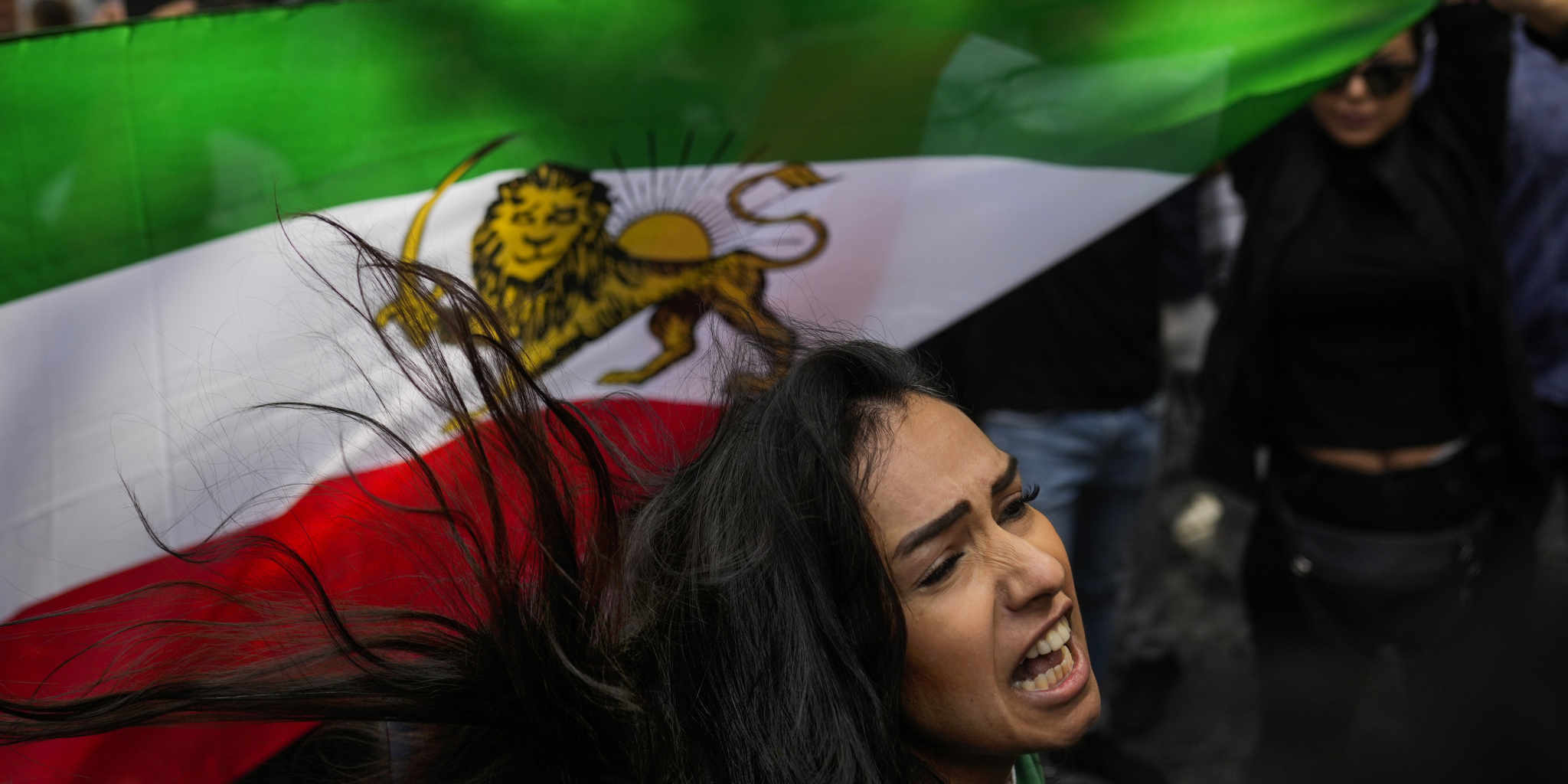The largest anti-government protests in Iran since 2009 have been raging in 80 cities across the country for 16 days as of Oct. 3. The protests have been met with violent government retaliation, leaving 92 people dead, according to reports from Iran Human Rights.
In multiple cities, Iranian security forces opened fire on crowds of protesters, as seen in videos posted to social media. In Tehran, officers fired into the windows of apartment buildings. In Rasht, security forces also threw tear gas into apartment windows, according to witnesses who spoke to the New York Times.
The protests broke out in response to the death of Mahsa Amini, 22, who died in a hospital on Sept. 16, three days after being arrested and beaten by morality police for violating the Islamic Republic’s dress code. Amini’s death added to the public outrage already expressed toward Iran’s political repression, isolationist policies, and struggling economy.
Protesters can be heard chanting “death to the dictator,” referring to Iranian Supreme Leader Ayatollah Khamenei. Experts say Khamenei was once considered beyond reproach by the public, but the current protests pose a genuine threat to his regime.
“These are primarily very, very young people, a younger generation who have apparently completely lost faith that this Islamic Republic can be reformed,” said Trita Parsi, executive vice-president at the Quincy Institute in Washington, D.C. “They’re breaking from their previous generation who were seeking to reform the system from within. This new generation seems to not have any faith in that at all.”
“These terrorists think that our generation is the previous generation. We are not. Let me assure you,” a protester from Sharif University of Technology told CNN.
“I say clearly that these riots and the insecurity were engineered by the US and the occupying, false Zionist regime, as well as their paid agents, with the help of some traitorous Iranians abroad,” Khamenei said in a public address on Oct. 3, his first comment on the protests.
Analysts, such as Ali Vaez, director of the International Crisis Group’s Iran Project, say the protests may eventually be suppressed, but a trend of public demonstrations growing steadily since 2017 suggests it will happen again. With Sept. 2022 seeing the largest scale protests in years, the outcry is clearly on the rise.
“The protests transcend social sectarian boundaries, bringing together a much broader strata of Iranian society than we have seen in years,” Vaez told CNN. “But they suffer from the same shortcomings that the previous movements in Iran also suffered from. Primarily, the lack of leadership. It’s very difficult to be able to maintain and sustain a movement that over the long run will bring the regime to its knees without coordination and leadership.”
Following the flood of social media videos capturing police brutality, Iran is experiencing internet shutdowns across the country. Internet shutdowns are common during periods of unrest in Iran, but rather than a full nationwide shutdown, the current protests have led to targeted blackouts in more outspoken areas, according to NetBlock director Alp Toker.
“You have an environment that makes it very difficult for people to speak out to express discontent about the government in any form,” Toker told CNN.
U.S. President Joe Biden’s administration responded to Iran’s handling of the protests by imposing sanctions on the morality police. “The most important thing for the United States to do is to be firm and clear and principled in response to citizens of any country demanding their rights and dignity,” Jake Sullivan, Biden’s national security adviser, told NBC. The Biden administration has also issued a general license to American tech companies, allowing them to receive internet access from those companies even during sanctions.


